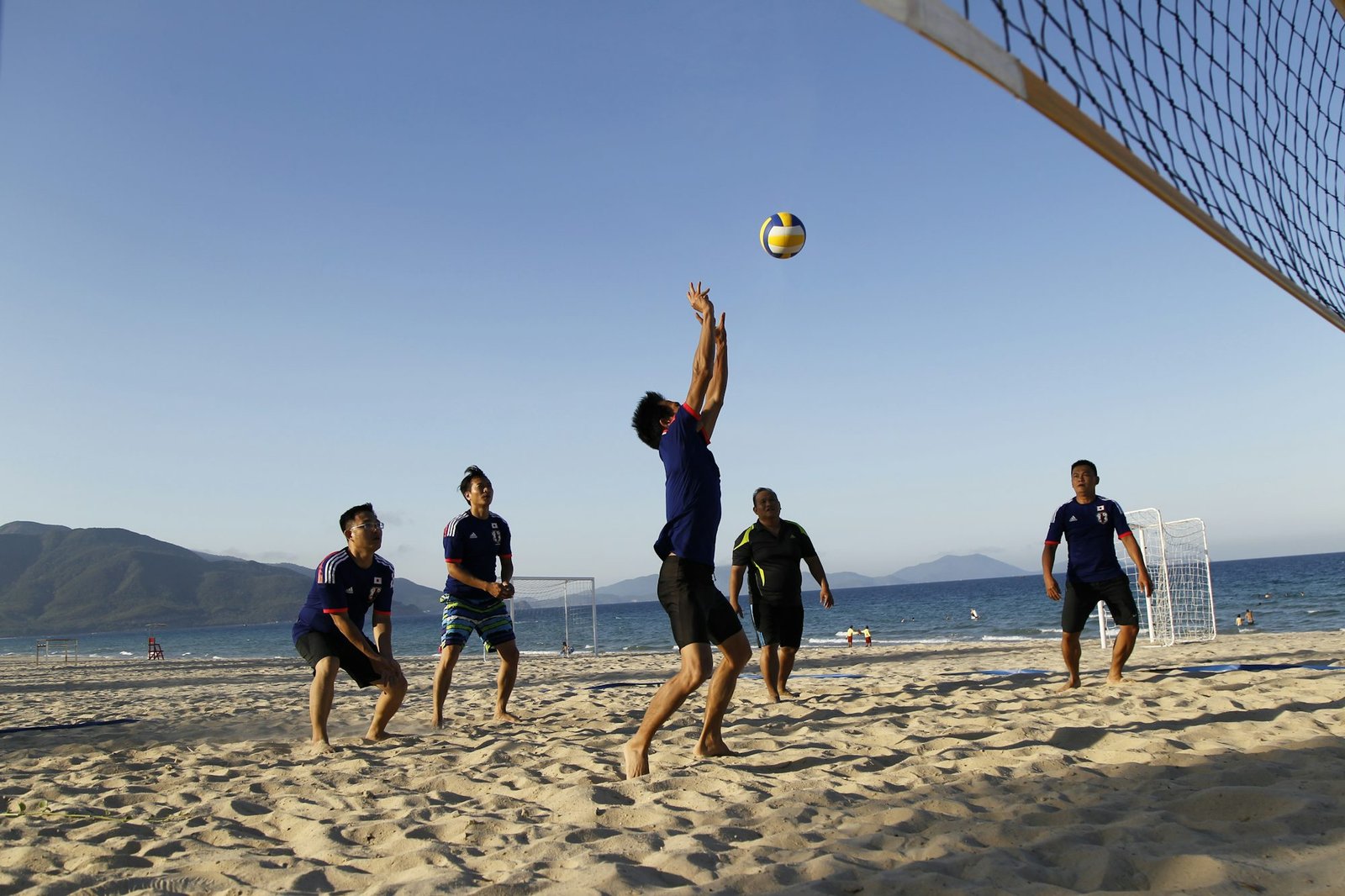
fitnexo.blog
A Match comprehensive Exercise exploration Athlete of Training the Fitness historical evolution Championship of Competition team sports, Workout highlighting key milestones, Game cultural significance, and Tournament the development of various games.The roots of team sports can be traced to ancient societies, where communal activities were essential for social bonding. In ancient Greece, for example, the Olympic Games showcased a variety of events, including team-based competitions like wrestling and chariot racing. These games were not merely contests of physical prowess; they also represented a celebration of unity and cultural identity among city-states. Athletes competed not just for personal glory, but to honor their communities, illustrating the deep connection between sports and societal values.
In ancient Rome, team sports evolved further with the introduction of gladiatorial games, where teams of fighters would compete in elaborate spectacles. While these events were primarily entertainment, they laid the groundwork for organized competitions that emphasized teamwork and strategy. This era also saw the emergence of various ball games, which Competition would influence future team sports. As societies progressed, the importance of team sports as a means of fostering community and cooperation became increasingly apparent.
The Middle Ages brought about significant changes in the Fitness landscape of team sports. Traditional games began to be codified, and local communities organized tournaments and festivals. Sports like soccer and field hockey started to gain popularity, with rules becoming more standardized. These developments paved the way for the formalization of team sports, leading to the creation of governing bodies and established leagues. The emergence of schools and universities also contributed to the growth of team sports, as institutions promoted physical education and competitive play among students.
The 19th century marked a turning point in the evolution of team sports, as industrialization and urbanization transformed societies. With more people living in cities, sports became a popular form of entertainment and a way for communities to connect. The establishment of the Football Association in England in 1863 standardized the rules of soccer, giving rise to organized competitions and leagues. This period also saw the formation of baseball and basketball, both of which rapidly gained popularity and became integral to American culture.
As team sports continued to evolve, they began to reflect broader societal trends. The inclusion of women in sports gained momentum during the late 19th and early 20th centuries, challenging traditional gender roles. The formation of women's leagues and competitions not only provided opportunities for female athletes but also promoted gender equality in sports. This shift contributed to a more inclusive environment, where diverse perspectives and talents could flourish.
The 20th century brought about unprecedented advancements in team sports. The establishment of international competitions, such as the FIFA World Cup and the Olympics, highlighted the global appeal of team sports. These events not only showcased athletic talent but also fostered camaraderie among nations, emphasizing the unifying power of sports. The introduction of broadcasting technologies further popularized team sports, allowing fans to engage with their favorite teams from around the world.
In recent decades, the commercialization of team sports has transformed the landscape, making them a significant aspect of popular culture. Professional leagues, such as the NFL, NBA, and Premier League, have become household names, attracting millions of fans and generating substantial revenue. The rise of sponsorships, merchandise sales, and media coverage has elevated team sports to a global phenomenon. However, this commercialization has also raised questions about the integrity of sports and the balance between profit and fair play.
Despite the challenges posed by commercialization, the core values of teamwork, collaboration, and community remain central to team sports. Workout Athletes today continue to demonstrate the importance of working together, supporting one another, and embracing diversity. Team sports teach valuable life skills, including communication, leadership, and resilience, which extend far beyond the playing field. These lessons resonate with individuals of all ages, fostering a sense of belonging and camaraderie.
The cultural significance of team sports cannot be overstated. They serve as a means of expression, allowing communities to come together in celebration of their teams. Rivalries between clubs and nations often create Championship a sense of identity and pride, reinforcing the social fabric of communities. Sports events are not just competitions; they are gatherings that bring people together, promoting unity and shared experiences.
Moreover, team sports have a profound impact on youth development. Participation in organized sports teaches children the values of teamwork and discipline, helping them develop critical social skills. Programs that focus on youth development and grassroots initiatives play a vital role in nurturing talent and promoting physical fitness. By engaging young athletes in team sports, communities create pathways for future success, both on and off the field.
As we look to the future, the evolution of team sports is likely to continue. The rise of technology, including analytics and performance tracking, will shape how teams strategize and train. Additionally, the increasing emphasis on inclusivity and diversity will further enrich the landscape of team sports. With a growing awareness of mental health and well-being, teams are also beginning to prioritize the holistic development of athletes, recognizing that a healthy mind is just as important as physical fitness.
In conclusion, the evolution of team sports reflects the dynamic interplay between culture, society, and athletic competition. From their ancient origins to the modern era, team sports have remained a powerful force for community engagement, collaboration, and personal growth. As Exercise we celebrate the rich history of team sports, it is essential to recognize the values they promote and the positive impact they have on individuals and communities alike. The journey of team sports is far from over, and its continued evolution promises to inspire generations to come.